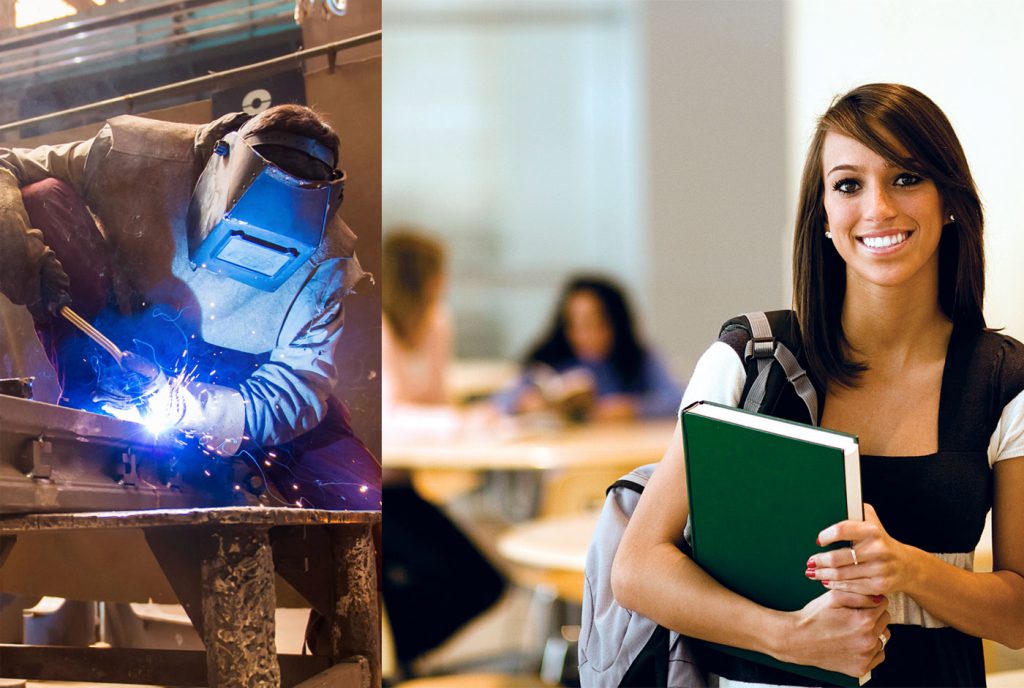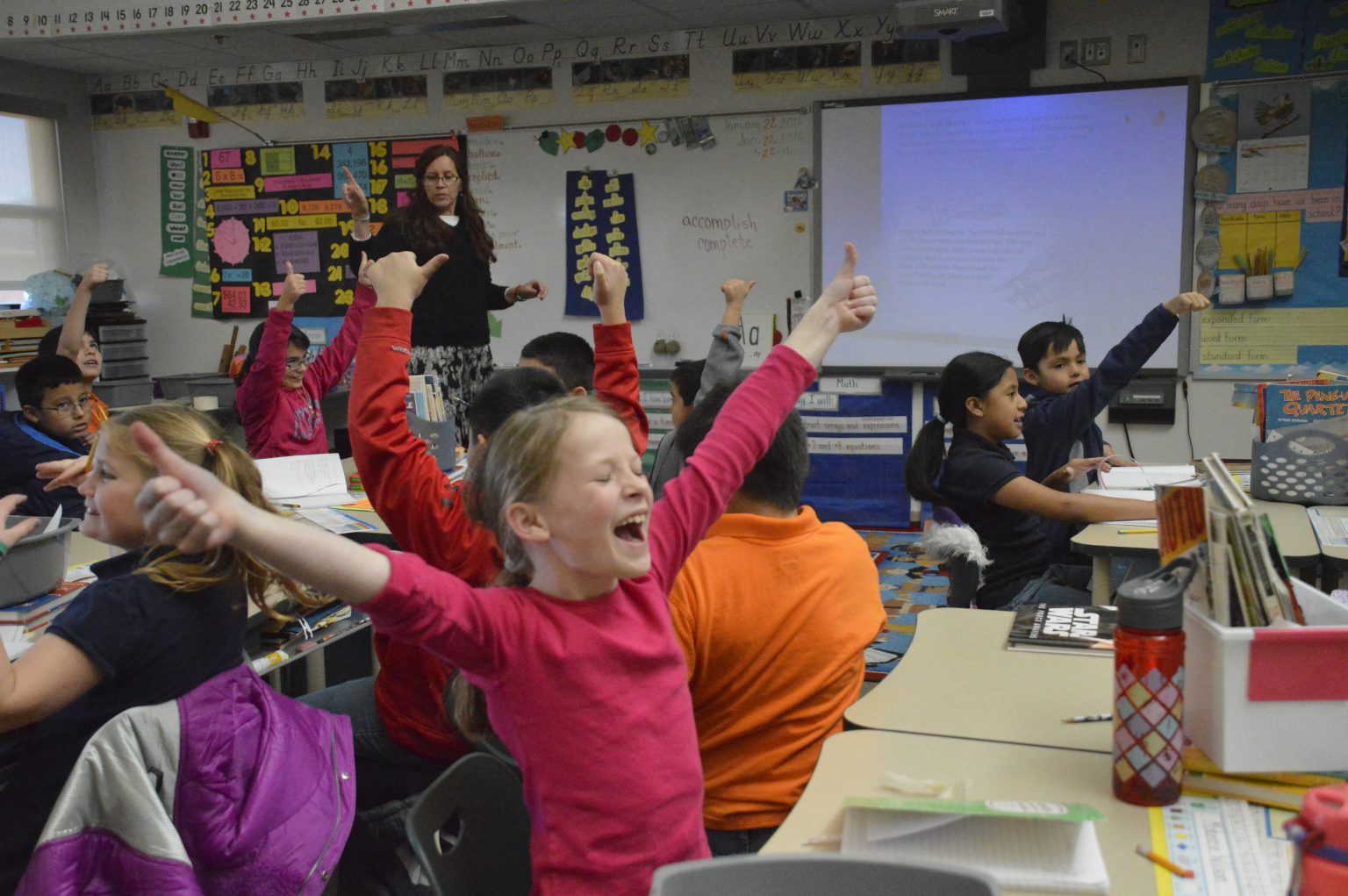Caring and capable adults cultivate equitable, relevant, and vibrant learning opportunities that nurture whole child development and strong pathways to college, careers, and community involvement, which lead to thriving New Mexico communities.
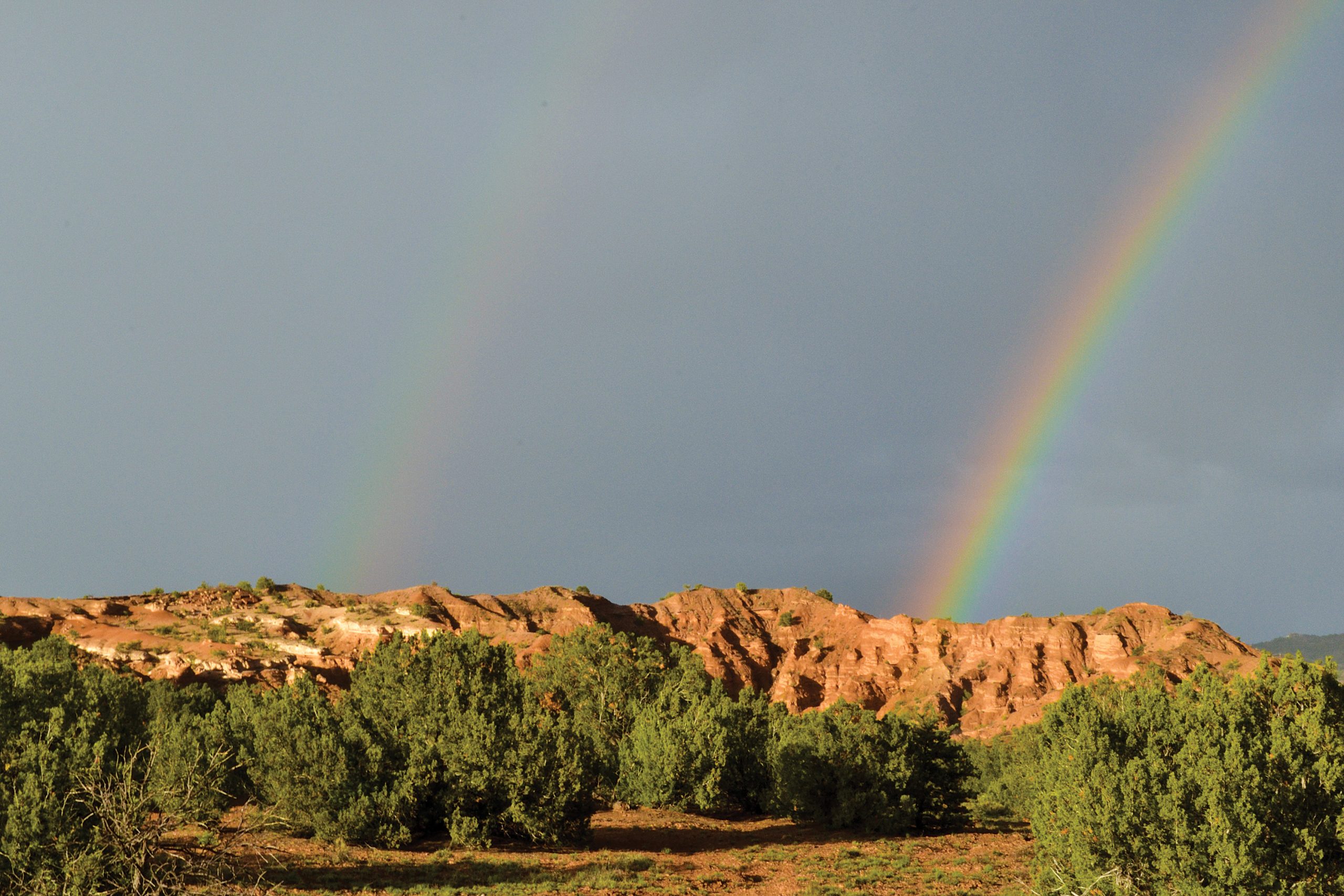
What this Theory of Change Means for Our Work
The LANL Foundation envisions and works toward creating an education ecosystem that ensures all babies, children, youth, and adults can thrive. We believe that supporting families, students, educators, education leaders, community members, and policy makers at all levels will help them create equitable opportunities and an ecosystem that is responsive to local needs, interests, and desires, including those of Tribal and rural communities.
We believe that the opportunities babies, children, and youth have to learn and be cared for are what support their growth and development and that it is vital those opportunities support the whole child. As students thrive in our schools and communities, we continue the work to ensure they have access to college and career pathways that lead to fulfilling careers and that will foster citizens who are ready to contribute to the challenges and opportunities of 21st Century living, including navigating our changing New Mexico climate and participating in a local and global society that supports our individual and collective thriving.
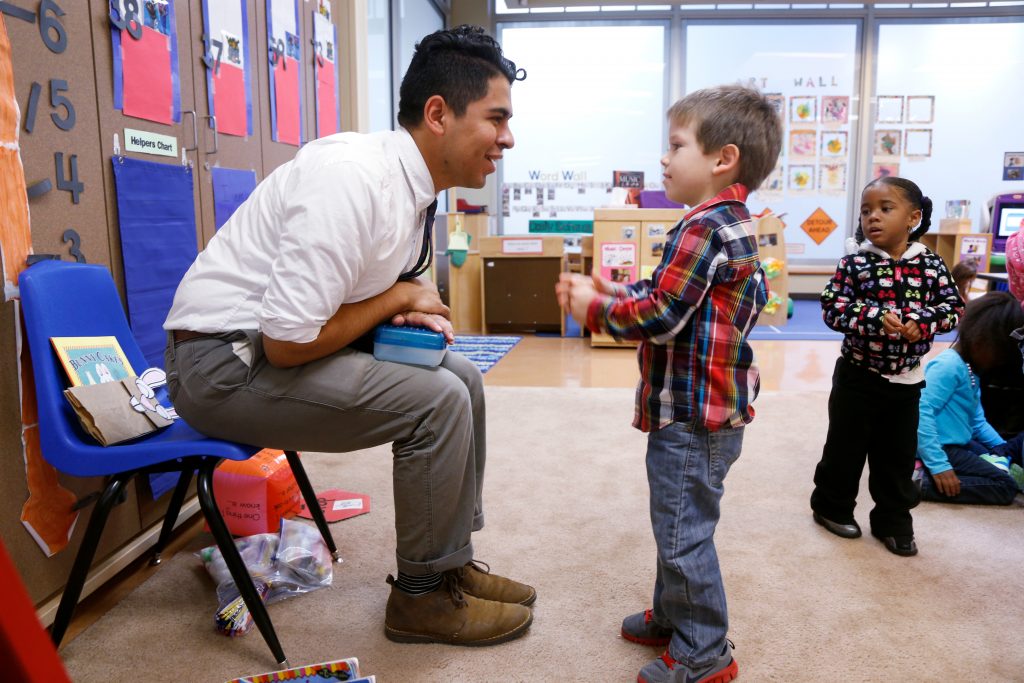
Capable and Caring Adults
The adults in babies, children and youth’s lives, from parents and educators to community leaders and policy makers, create the systems and conditions for babies, children, and youth to thrive at home, in our communities, and in our schools. Babies’, children’s, and youth’s cognitive, social, emotional, cultural and linguistical development need to be at the center of our interactions with students and our policies. For example, to support their development and thriving, every baby, child, and youth needs at least one capable and caring adult in the school setting who knows them well and who can advocate for their well-being and success over time. Every baby, child, and youth needs access to excellent educators and mentors, who are from similar backgrounds, academically knowledgeable, attend to their own wellbeing, and who are also learner-centered, meaning they teach by listening and responding to the unique needs of each child, rather than to a generalized curriculum. The adults in babies, children, and youth’s lives design the learning environments that help babies, children, and youth know they belong and that help them explore their interests, take risks, make mistakes, problem solve, think critically, stay curious, and develop unique identities.
Vibrant Learning Opportunities
For babies, children, and youth’s education to be sufficient, they need equitable access to learning opportunities that support their social, emotional, cognitive, cultural and linguistic development. Such opportunities are culturally and linguistically sustaining, and follow the Science of Learning and Development, including: (1) Positive developmental relationships with peers, mentors, and educators (2) Environments filled with belonging and mental, social, and physical safety. (3) Rich learning experiences that build from students’, families’, and communities’ funds of knowledge, histories, and wisdom, and that ensure students have access to inquiry-based instruction that is developed around their interests and needs. (4) Intentional development of critical skills, mindsets, and habits that are culturally and linguistically sustaining and (5) Integrated systems of support that ensure every baby, child, youth, and educator thrives.
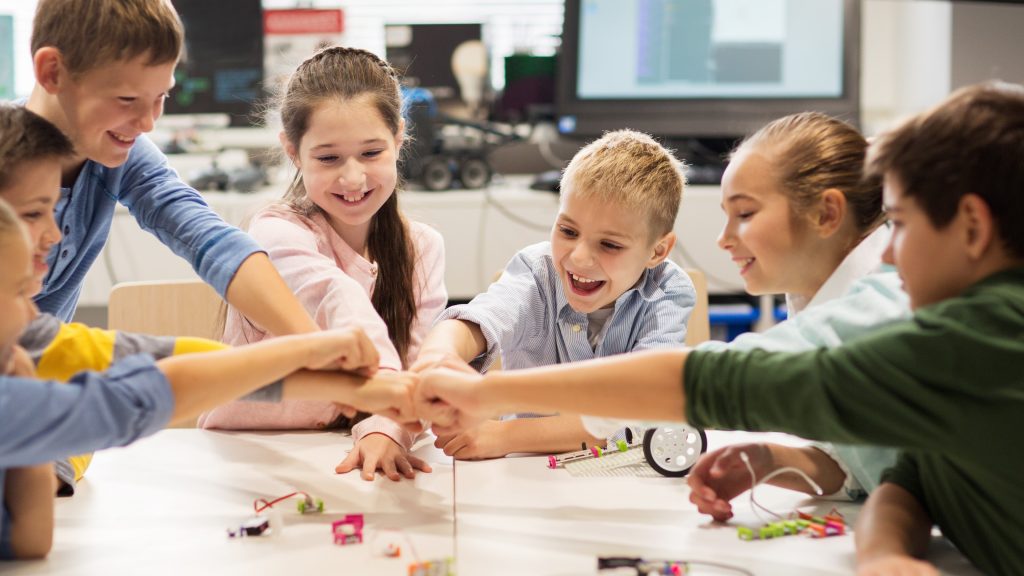
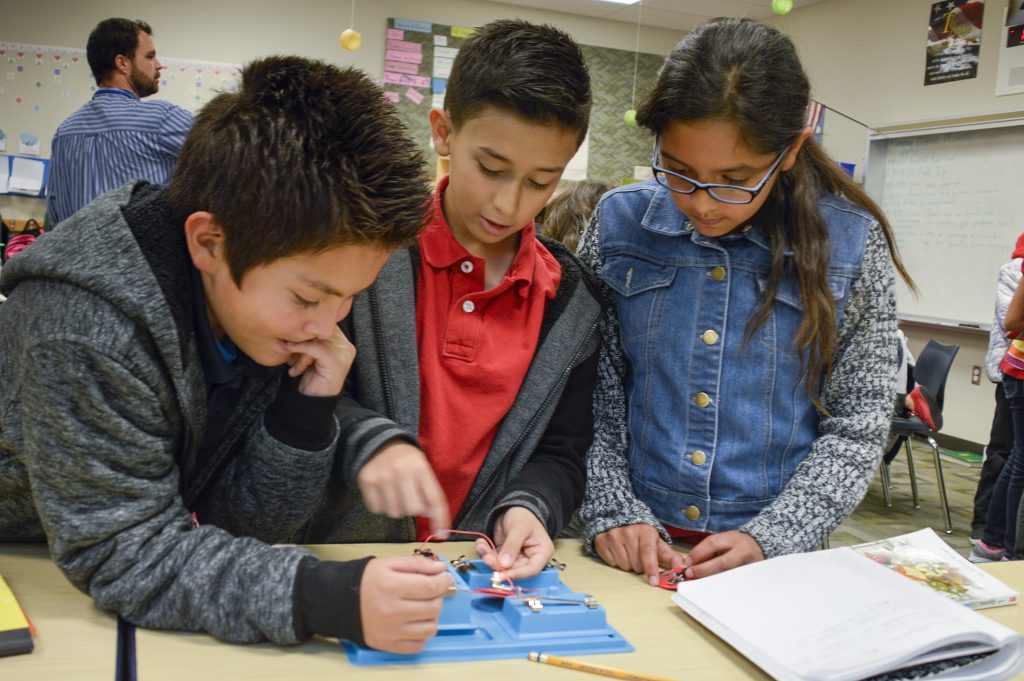
Whole Child Development
Whole child development recognizes that each baby, child, and youth has unique strengths and potential for growth in interacting dimensions, including the cognitive, physical, social, emotional, cultural, and linguistic dimensions. The co-development of these dimensions enables the child to both influence their setting and positively adapt to new challenges, including drawing from and transferring skills across settings that include, home, community, school, and work.
Strong Pathways to College, Careers, and Community Involvement
Youth and young adults need access to opportunities that incorporate their interests, motivations, values, and identities as learners, while also providing opportunities to expand their interests, motivations, values, and identities in and across formal and informal learning spaces. Youth need access to mentorships and internships that help them to develop the identities, skills, interests, and dispositions they will need as they transition from middle and high school to work and college. Community, school, industry, and government collaboration is needed to create fluid access to scholarships, and work-based, career-technical, and experiential learning opportunities that lead youth and young adults to the careers that will help them to thrive and become the capable and caring adults who participate in their communities and design the systems and opportunities that future generations of New Mexicans will need to thrive in the 21st Century.
